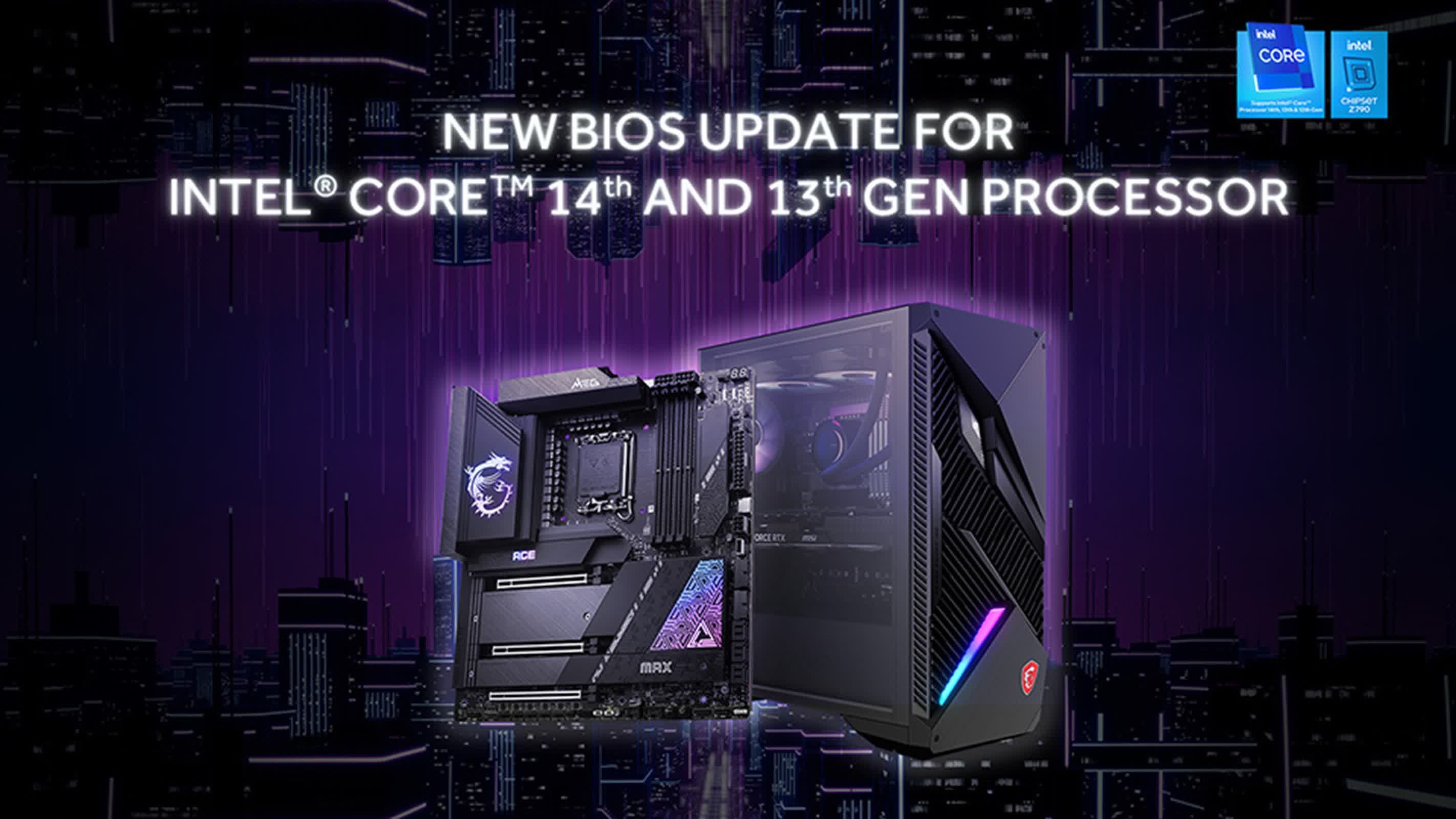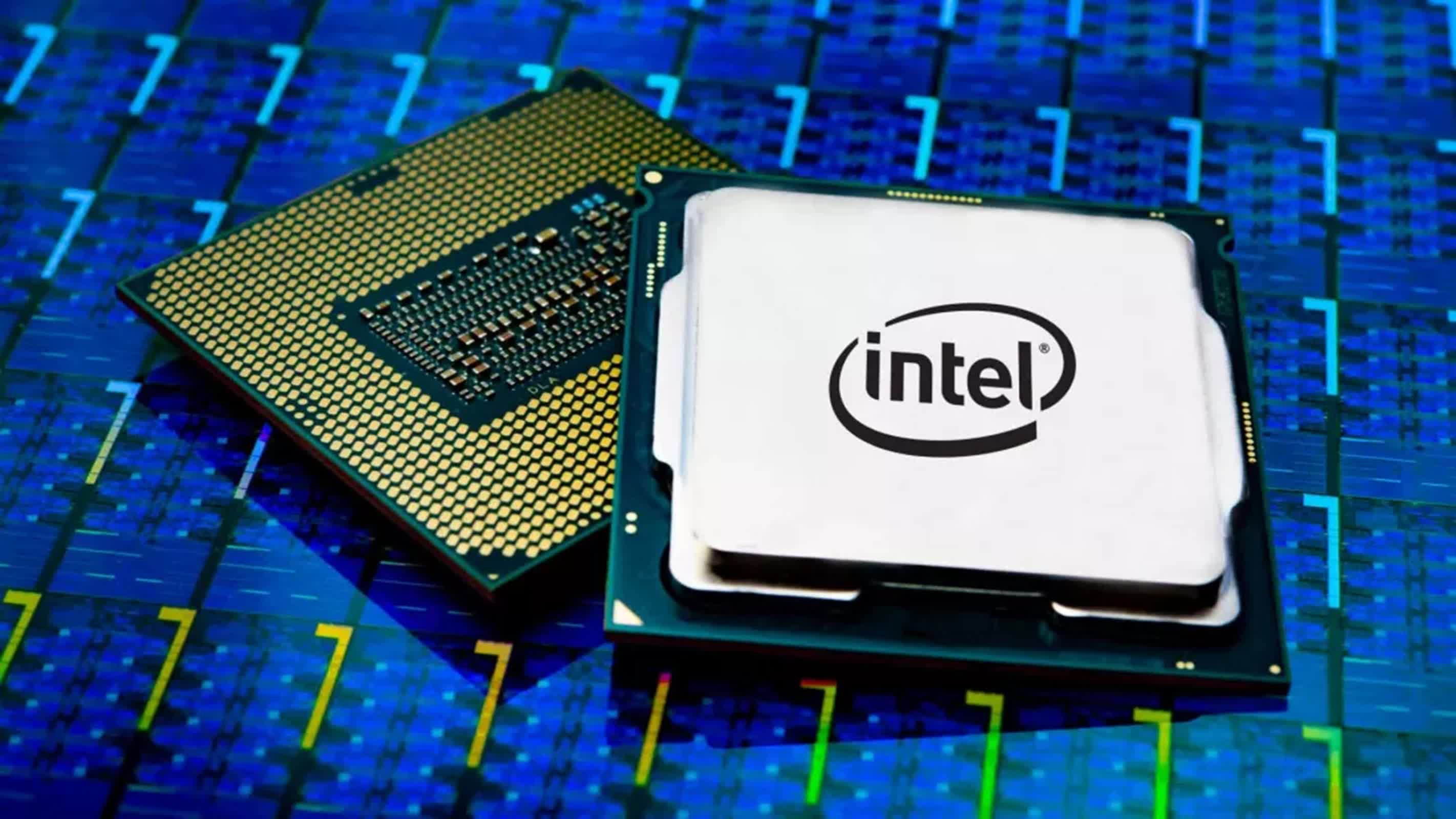Why it matters: Swift action by Asus and MSI underscores the proactive measures manufacturers are taking to keep users informed about BIOS updates. Both companies have made these updates easily accessible through their official forums and support pages, and have provided detailed installation instructions. As a result, they set a precedent for other motherboard manufacturers to follow suit.
Asus and MSI have introduced beta BIOS updates featuring Intel's new microcode to tackle stability issues affecting 13th and 14th Gen Raptor Lake processors. These updates are designed to address instability caused by elevated operating voltages, a problem that has significantly impacted Intel's reputation as of late.
After a lengthy period of silence on the matter, Intel finally attributed these problems to a microcode defect that led to inaccurate voltage requests, resulting in crashes and degradation, particularly during high-demand tasks. Initially, it was thought that the issue affected only the mainstream non-K models and their K/KF/KS variants, but it has recently become clear that the issue also affects all 65W and higher CPUs.
Recognizing the urgency of the situation, Asus and MSI have proactively rolled out BIOS updates that incorporate the microcode patch 0x129.

Asus has made its updates available through its ROG forums, covering a wide range of 20 motherboard models including the ROG Maximus, Strix, ProArt, and AYW Z790 series.
MSI, on the other hand, has initially targeted a smaller set of products, with plans to update all Intel 700 and 600 series motherboards by the end of August.
While beta BIOS updates are generally not recommended due to potential risks, users are advised to install them to address the voltage issue and prevent further damage.
Other manufacturers, as well as OEMs like HP and Dell, are expected to release similar updates, following the lead of Asus and MSI.
The rollout of these updates is a significant step in addressing the ongoing issues. However, it's important to note that the microcode update is a preventative measure and will not reverse existing damage. Users with already affected CPUs are encouraged to contact Intel for warranty options.
Despite the challenges, Intel said it is committed to replacing affected chips and extending warranties, although some customers have reported difficulties with the RMA process.
